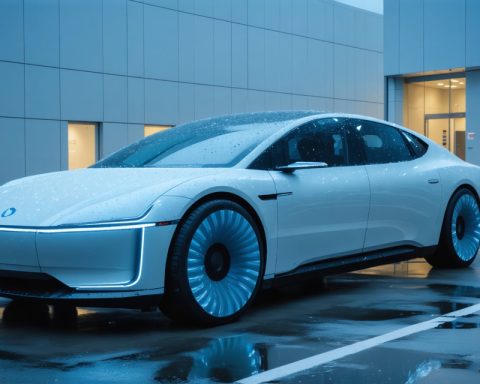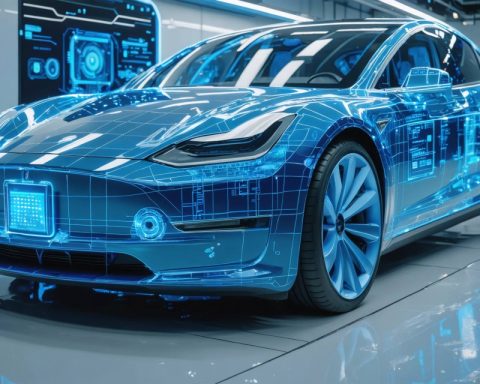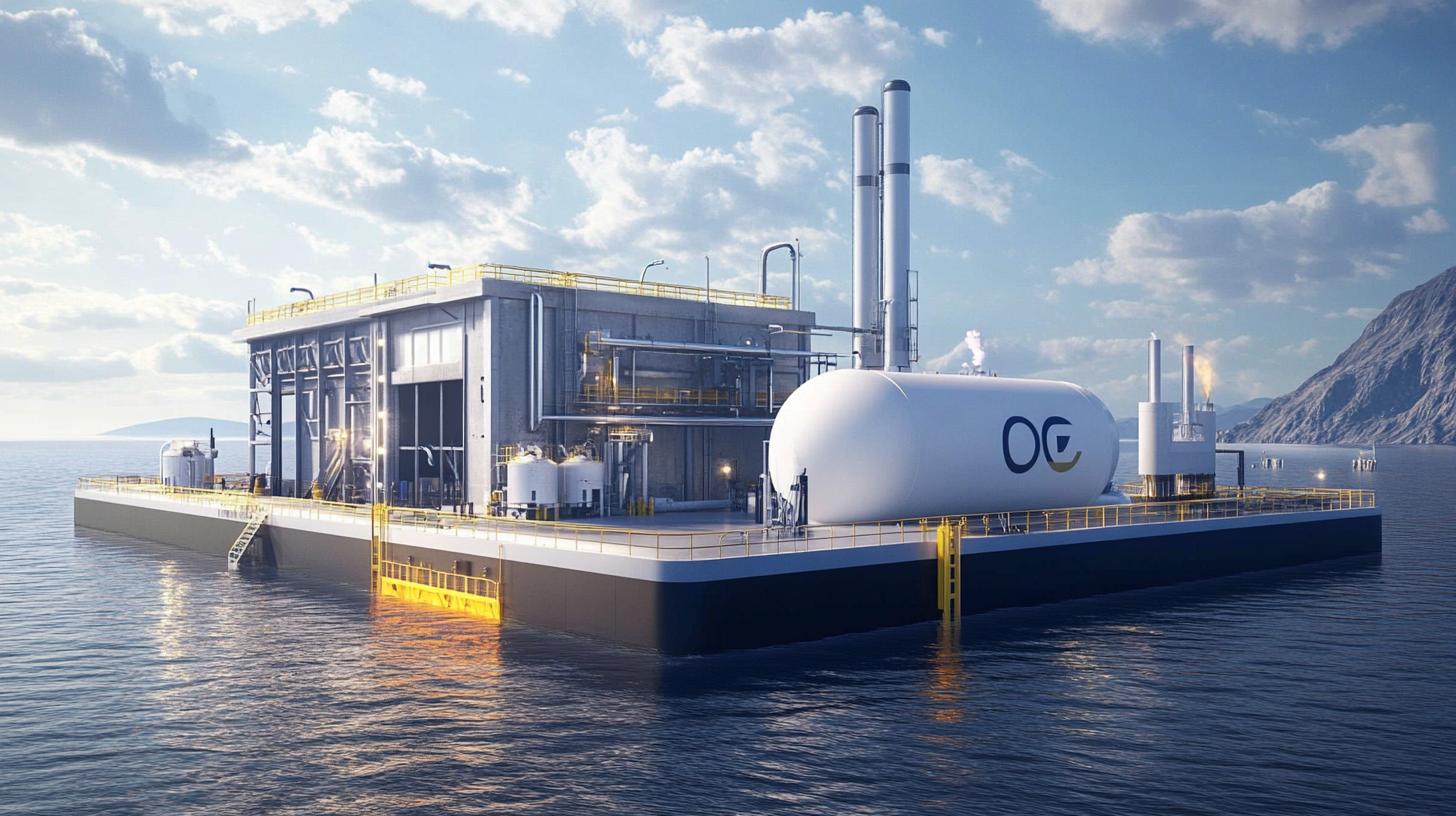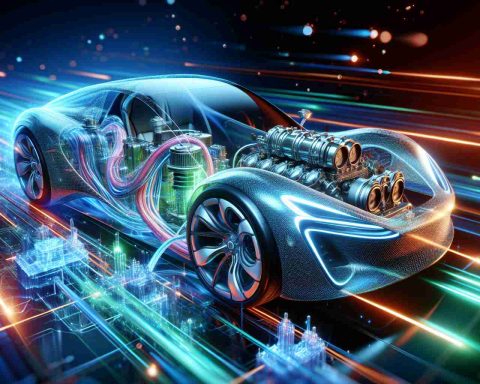Germany is paving the way for a transformative shift in how vehicles are powered, focusing on the potential of hydrogen. MAHLE, a prominent German firm known for supplying automotive components globally, is now at the forefront of this green revolution. The company has announced its capacity to mass-produce hydrogen engines, which could mark a new era in sustainable transportation.
Broadening the Horizon Beyond Electric Vehicles
While electric vehicles have significantly contributed to carbon footprint reduction, the industry recognizes the need for diverse sustainable technologies. MAHLE is stepping up with hydrogen engine solutions that are not limited to private cars but extend to heavy-duty machinery, including agricultural and construction vehicles. This initiative aligns with the goals of DEUTZ, which has already placed orders for MAHLE’s hydrogen-powered engines, slated for launch by the end of 2024.
Exciting Developments in Heavy-Duty Vehicles
Hydrogen technology has found particular favor in sectors where electric solutions fall short, such as commercial and industrial vehicles that require consistent high-power output. Industry leaders acknowledge that to maintain momentum towards sustainability, supporting a range of technologies is crucial.
The Road Ahead for Hydrogen-Powered Solutions
MAHLE and DEUTZ represent a growing movement towards embracing hydrogen as a viable alternative to traditional fuels. This development calls for investments in infrastructure and collaboration across industries and governmental bodies. As the hydrogen horizon expands, it’s not only a technological shift but a call to redefine sustainable mobility and consider what future heavy machinery, like excavators and harvesters, might look like.
While the path is clear, is the world ready to wholeheartedly support this greener future? As the potential for hydrogen grows, so does the conversation around the infrastructure and legislative support required to make it a reality.
The Hydrogen Revolution: A New Era in Sustainable Transportation Explored
Impact of Hydrogen Technology on Global Transportation and Communities
As Germany leads the charge in the hydrogen revolution, the ripple effects of these changes extend far and wide. While many are aware of hydrogen’s potential to transform the automotive industry, less attention has been given to how this shift will affect communities and economies on a global scale. What untapped benefits and challenges does this promising technology offer?
Beyond the Obvious: Hydrogen’s Potential to Power Communities
Aside from its application in automotive engines, hydrogen technology presents exciting opportunities in energy storage and distribution. Communities globally could benefit from hydrogen fuel cells as a sustainable energy source, particularly in remote or underdeveloped regions where access to conventional energy infrastructure is limited. Hydrogen offers the potential to decentralize energy systems, providing reliable, clean energy for diverse localities and reducing dependency on non-renewable resources.
Think Big: Hydrogen in Unlikely Industries
Hydrogen technology doesn’t stop at heavy-duty vehicles; it’s extending its reach into industries like shipping and aviation. For example, maritime shipping, responsible for significant carbon emissions, could undergo a transformation with hydrogen-powered vessels. Likewise, aviation may see a return to the skies of aircraft powered by hydrogen, promising lower emissions—a critical factor as air travel demand continues to grow.
Challenges on the Path to Hydrogen Adoption
How prepared are countries for the hydrogen shift? It’s crucial to acknowledge the existing challenges, particularly concerning infrastructure development. The transition requires massive investments in hydrogen production refueling stations, and safety protocols, necessitating collaboration between governments, private sectors, and international organizations.
Moreover, hydrogen production is currently expensive and energy-intensive. Until technologies evolve to produce “green hydrogen” efficiently and cost-effectively—by electrolysis using renewable energy—the sector’s growth may be slow.
Controversies and Conversations: Are We Ready for Hydrogen?
The debate surrounding hydrogen’s role in sustainable transportation is heated: can it match the hype? Specifically, how do hydrogen solutions compare against battery-electric ones? As with any emerging technology, questions about efficiency, scalability, and environmental impact spark robust discussion.
Why do some advocate strongly for hydrogen, while others express skepticism? Critics often cite hydrogen’s lower energy efficiency compared to electric batteries, while proponents highlight its high energy density and refueling speed as crucial advantages. These differing viewpoints underscore a need for comprehensive research and informed policymaking.
Conclusion: Navigating the Hydrogen Future
As nations strive for net-zero emissions, hydrogen’s role cannot be underestimated. However, the success of hydrogen technology depends largely on overcoming economic, technological, and infrastructural hurdles. As more companies like MAHLE and DEUTZ commit to hydrogen solutions, public and private stakeholders globally must address these challenges collectively.
Indeed, the world stands at the precipice of a hydrogen-fueled future. Yet, will it take the leap with full commitment and the necessary support systems in place?
Learn more about hydrogen technology and its myriad applications through MAHLE and DEUTZ. These industry leaders provide further insights into how they are pioneering this transformative journey.

















